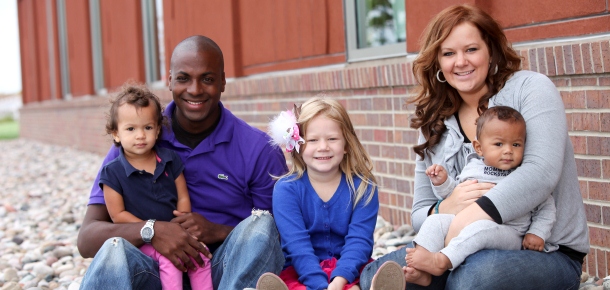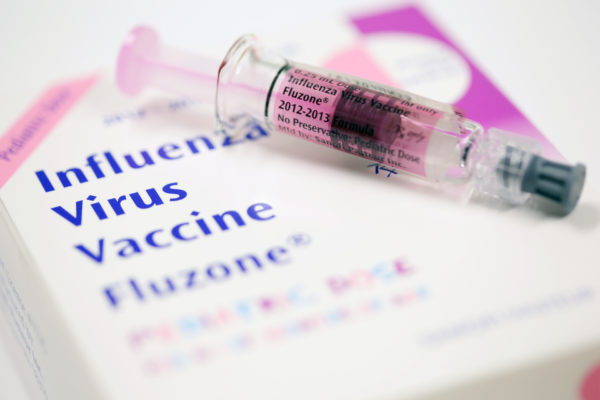Whooping cough, a highly contagious respiratory disease, is an illness that most parents are aware of and understand how serious it can get. But because we have seen an uptick in cases the past couple of weeks, now is a great time to review some of the must-know facts about it.
Need-to-know facts about whooping cough
1. Not everyone makes the whooping sound.
The “whooping” noise when coughing is the hallmark of the illness. However, not everyone who has whooping cough, also known as pertussis, makes that noise. And the condition can still be just as dangerous to children even if they’re not making the whooping sound.
2. Pertussis symptoms are different in babies.
Some babies who get pertussis won’t cough at all. Instead, they will stop breathing or have pauses in their breathing (apnea). And they may even turn blue. Call 911 if this happens.
Babies are at the greatest risk of complications from whooping cough. According to the CDC, 1 in 3 babies younger than 1 year old will need hospital care.
3. Whooping cough starts out mild, like any other cold.
Typical early symptoms of pertussis are a runny nose, low-grade fever and mild cough. Because of this, whooping cough is often not diagnosed until the more severe symptoms appear. If your child’s cough has gone on for longer than 10 days and doesn’t seem to be getting better, consider going to see your doctor to make sure nothing else is going on.
Early treatment of pertussis can be helpful because it may prevent the severe symptoms from happening. Plus, it may also help avoid its spread to other people.
Your doctor will most likely diagnose the illness with a nose swab.
4. Your child can still get pertussis even if vaccinated.
That being said, vaccination is the best protection against whooping cough that we have. Studies show that vaccinated individuals who become infected with the illness have milder symptoms. The CDC states that after children receive their last dose of the DTaP vaccine (between ages 4-6 years), 7 out of 10 are fully protected for five years.
We also recommend a booster vaccine (Tdap) at ages 11-12 years.
Because this is the season for spending more time indoors with friends and family, it is also a great time to make sure that your child’s pertussis vaccine is current. And if you have a baby younger than 1 year old, be extra vigilant about hand washing and steering clear of extended family members who may have long-lasting coughs.





